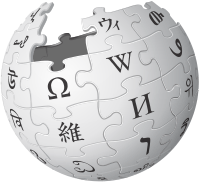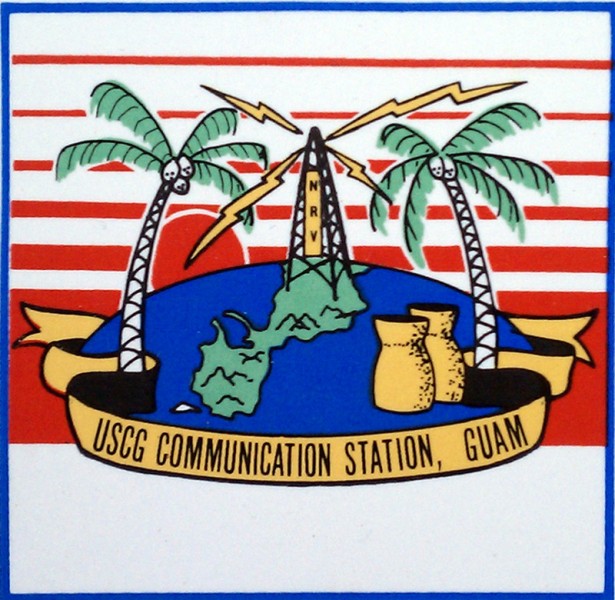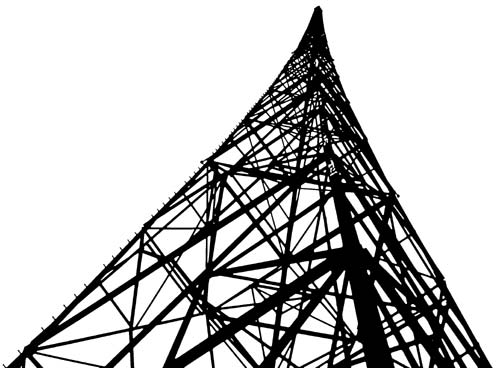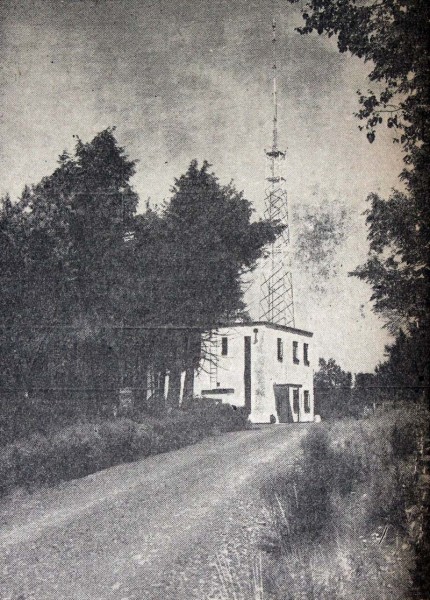Type the call letters for almost any radio or television station in the country into a search engine, and the second or third result will be a Wikipedia article.
This is both an opportunity and a burden. Since Wikipedia articles place so well in most search engine results, it would be a benefit to radio stations to keep an eye on them; keep them up to date, make sure that no one vandalizes them, and fix them when they do. Most importantly, keep the station website link and streaming link information up to date. That is the burden but it is relatively small.
The opportunity comes from the ability to document the history of individual radio stations. On the grand scale, the history of any individual radio station is like a grain of sand on the beach. It is only pertinent to those who care. But then there are those who do care and for some of us, reading a well-written, well-sourced article about some station we are familiar with is interesting. To be sure, there are many crappy radio station articles on Wikipedia. Some of them read like advertisements, clearly written by non-neutral party. Others do not have sections, have poor grammar, improper or no source citations, etc. Those poor articles should be fixed.
In my time as a broadcast engineer, I have found radio stations to be like ships; they all have a certain personality. It is difficult to explain how an inanimate collection of equipment and buildings can have personality, but they do. Of course, with time, format, and ownership changes those personalities change. Documenting operating histories, formats, unique occurrences, famous past personalities, incidents, accidents, and technical discoveries in one place takes a little bit of time. Having that information available for fellow radio people to read about is a valuable service. The one thing that I notice about most radio station Wikipedia articles; there are no pictures. There should be more pictures.






I tried that out by entering several different stations,Paul. Some shared a LOT of information as to station history and some did not,…only sharing general station info,location of tower/transmitter site,etc. Still interesting to search different stations,though.
It’s so true.
Paul, the problem with Wikipedia is that those who create the pages may not have a vested interest in maintaining them. Also, with anybody having the ability to change them their accuracy can be questionable.
There are many fine web sites that tribute some great radio stations: WABC, WNBC, CKLW just to name a few. These sites are operated by individuals who have a connection with the station in some way, be it a former employee or listeners who now miss the way the station had been in years past. My own tribute to the radio stations of Westport Connecticut is a hybrid. I had listened to them as a youngster and ended up becoming chief engineer of the AM and part time engineer of the FM as an adult. My tribute site chronicles yet another group of stations that depict how the landscape of the broadcast industry has changed over our lifetime.